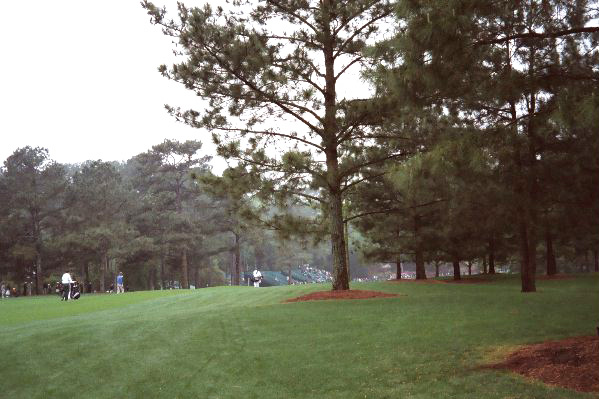Challenging The "Conventional Wisdom"
/ Bob Carney summarizes and supports two stories suggesting that nothing is wrong with Augusta National and that those who feel the course changes have radically altered the soul of the Masters are just not getting it.
Bob Carney summarizes and supports two stories suggesting that nothing is wrong with Augusta National and that those who feel the course changes have radically altered the soul of the Masters are just not getting it.
Interestingly, Carney notes the "conventional wisdom" that the course has become a U.S. Open style, defensive test. The notion that the majority of views have turned on the course changes is telling considering that the renovation has been praised, even passionately defended by media folks like this one who like many, has changed his mind after seeing how it plays.
There is no doubt that the latest accounts noted by Carney make great cases using statistics while noting select highlights from the last few years to seemingly write off the criticism.
However, two areas remain problematic for those trying to claim all is well at the revamped Augusta.
First, the people actually playing the course are telling us that something intangible has been lost. Touring professionals aren't always the best judges of architecture, but the critics have played the course many times and remember the unique tension of the old Masters. They are consistently telling us things are not the same. Keep in mind too that there is one tournament that players are reluctant to criticize, it's the Masters. A celebration of golf, as Ben Crenshaw once said.
We are no longer hearing many (any?) players defending the direction it has headed. So you can bet that if we are hearing critical statements publicly, imagine the nature of the comments made over corn fed beef at the Champions dinner.
The other issue going against the remaining course change supporters is the pace of play disaster. We can argue all day long about roars, birdies and what's exciting, but there is overwhelming evidence that course now takes way too long to play. This speaks to the excessive difficulty of the design, which is now unplayable in any significant wind. But more than anything, the once perfect ebb and flow of the routing has been lost. The segments of the course that once provided some let up have all been altered, eliminating the catch-your-breath nature of holes such as 7 and 8 or 15 and 17.
More intriguing will be the steps they take to address the dismay of patrons, players and (probably) members? The actual task to fix the course is remarkably simple (tree removal, installing alternate tee options, restoration of width). However, politics and other sensitivities involved will make it one tough job for Billy Payne.
But he does have conventional wisdom on his side.











